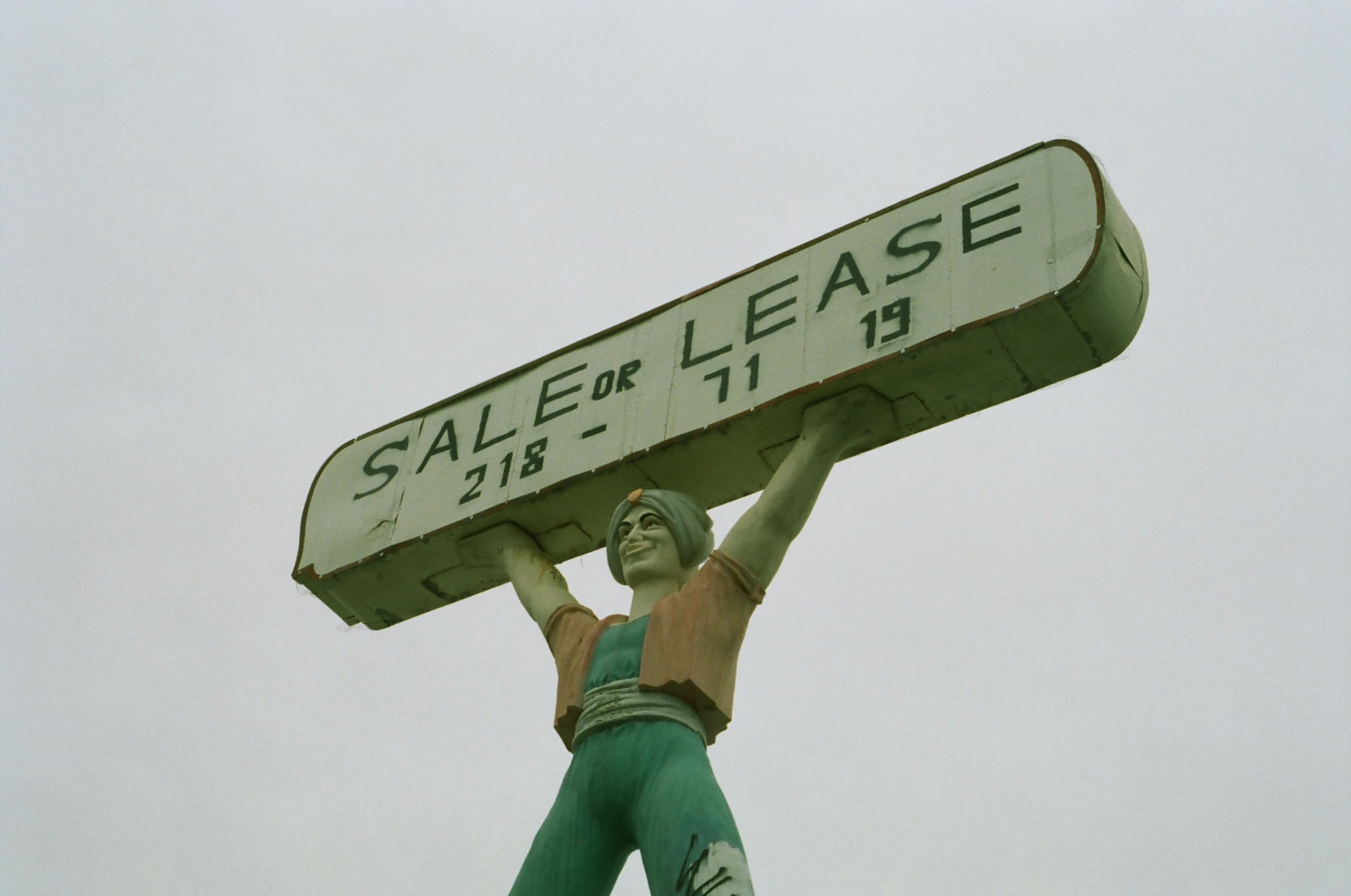The Leasing Game: Terms & Conditions
by David Klemt

Understanding the ins and outs of the leasing game means knowing the meaning of several legal and industry terms.
Winning at this game also requires a deep understanding of everything that’s in your lease agreement.
I addressed the importance of negotiating your lease (and more) yesterday. Today, let’s go over the terms you need to know.
A Warning
Before I run down a list of terms (as in phrases), let’s go over other terms you need to understand.
Namely, the terms for which you negotiated before you signed your lease. Let me reiterate: You know all of this before you sign your lease.
Do not sign anything unless you understand every word of every sentence in every paragraph on every page. If that seems overwhelming, pay a lease agreement attorney to analyze and advise you on a lease. It’s worth the spend, and please do this before you sign anything.
Why a lease agreement or real estate attorney? Because a lease agreement is a legal document. You don’t sign legal documents without knowing what’s in them.
Some Context
Based on the number of hospitality professionals that descended on Las Vegas last week, trade shows and conferences are back in full force.
KRG Hospitality attended the 2022 Bar & Restaurant Expo, formerly the Nightclub & Bar Show.
Friends of KRG, Invictus Hospitality (IH), presented a handful of sessions during the show. One of these was “Understanding the Leasing Game & How to Get Ahead.”
As I wrote yesterday, IH principal Homan Taghdiri hosted the informative session. He shared a wealth of knowledge every operator, new or veteran, should know.
View this post on Instagram
The first bit of information was this: Know that you have the right to negotiate your lease. If someone tells you otherwise, they’re lying or they don’t know what they’re talking about.
As for the second piece of advice, see the section above this one.
Know These Terms
In this context, “terms” means words and phrases. Below is a list of terms that Taghdiri addressed during his session.
Note that I’m not sharing definitions, I’m sharing recommendations from Taghdiri’s session.
- Tenant. This is you—individually—if you don’t have a business or other properties for a landlord to go after (sue).
- Guarantor. You can negotiate the removal of your personal guarantee. As an example, Taghdiri suggested a clause stipulating if you pay on time for ten years, your personal guarantee is removed. After all, you’ve proven yourself for a decade.
- Security deposit. Again, you should be rewarded for proving yourself and your concept. Negotiate a security deposit burn-off, like a month of security deposit removed from every year of the agreement.
- Use of space. You need to know the following: current and future use(s) of the space; exclusive and competitive uses; obtaining conditional use permits and licenses. Bake in the ability to pivot, adjust, or modify your agreement. The pandemic exposed how important it is to understand use of space in several markets.
- Force majeure. Another element exposed by the pandemic. Including a pandemic specifically as a valid force majeure trigger is a smart move on the tenant’s part.
Moving into the Space
Are you building the space out or is the landlord? Is it a combination of both?
Who’s responsible for delays? Is the landlord responsible for upgrades or refreshes over time?
You need to negotiate for and understand the following:
- Premises delivery. When do you get the space? What’s the scope of work that the landlord must complete for delivery of the space? Is there a tenant already in the space? If so, when are they leaving? What if they don’t leave on time?
- Landlord’s obligations. Is the landlord responsible for the HVAC, mechanical, electrical, and/or plumbing systems? Are they responsible for the roof on the building, the windows, and maintaining ADA compliance? Who’s responsible for the common areas, such as the parking lot and the lot’s lighting? As an example, how often are they required to repair, refresh, or resurface the parking lot?
- Insurance requirements. You need to know what coverage, deductibles, and exclusions you’re agreeing to before you sign your lease. Taghdiri recommends asking for the proposed insurance clause and sending it to your insurance provider. If you can’t afford their insurance requirements, you can’t afford the space and need to walk away.
- Miscellaneous. What are the security requirements for the space you’re occupying? For example, if you’re a nightclub, the landlord may stipulate how many security personnel must be working on certain days during specific hours of operation. Speaking of which, what days are you required to be open? What’s the minimum number of hours you must operate each day of the week? Should you find yourself in a shopping center with anchors, what happens if an anchor leaves? Are you required to address sound abatement?
Avoid Pitfalls
Understand the following before you sign anything:
- Nobody can force you to sign a lease. Since there’s no such thing as a standard lease, you don’t have to accept whatever the landlord offers. If you don’t like the terms, don’t sign the lease.
- Remember, a lease agreement is a legal document. Fully review and understand the terms. Never sign anything blindly.
- Brokers aren’t “bad” but they’re not necessarily putting your needs before their own interests. If you’re going to work with a broker, find the right one for you.
- Just like you need to find the right broker if you go that route, you need the right legal representation. Legal fees are worth it to understand your lease agreement. Just make sure you’re going to the right person to review it and give you advice.*
Combined with a willingness to negotiate (and walk away if you can’t get the terms you want), an understanding of the terms on this page will put you ahead of the competition. Happy space hunting.
*The information contained in this article does not represent legal or financial advice from any representative of KRG Hospitality, Invictus Hospitality, Bar & Restaurant Expo, or Questex.


